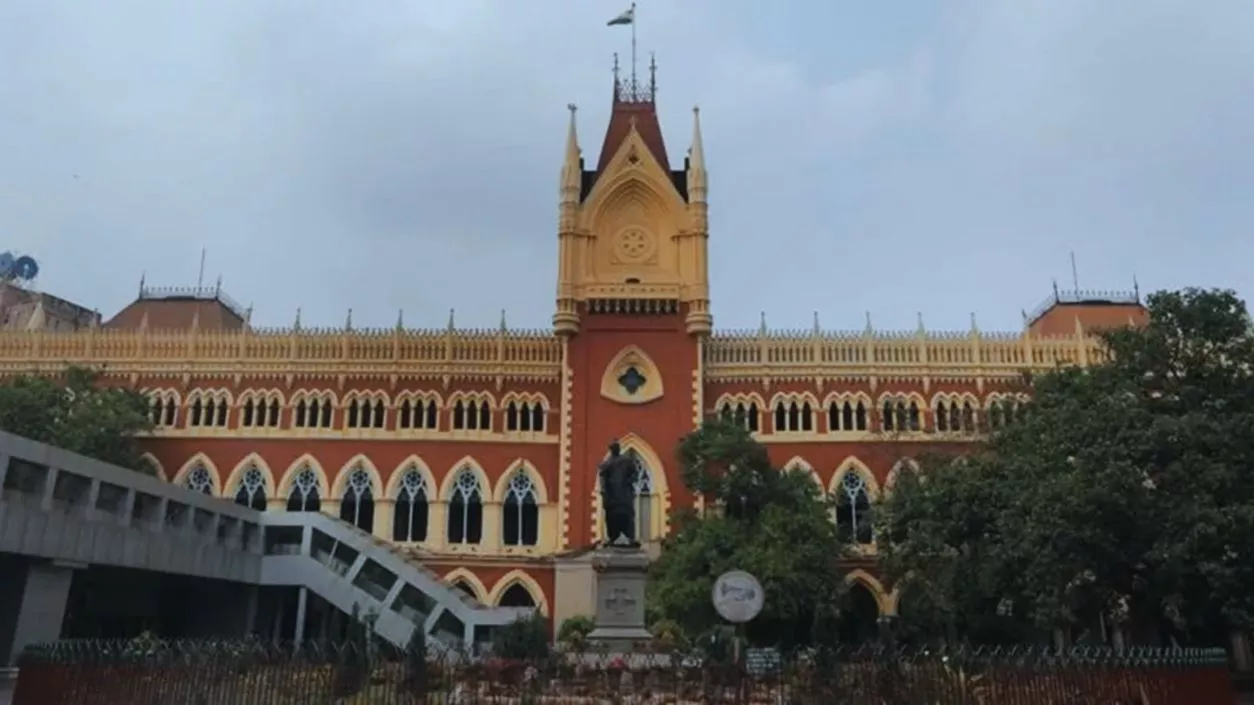.gif)
.gif)

The Calcutta High Court has accepted a public interest litigation (PIL) regarding the continued use of Ringer Lactate saline, which has been linked to maternal deaths in Medinipur. Filed by Vijay Singhal and Kaustav Bagchi, the PIL challenges the safety of this saline, which was banned by the Karnataka government in 2024 after it was associated with the deaths of four pregnant women in the state. Despite this ban, the saline continued to be used in government hospitals in West Bengal, prompting legal action.
The PIL specifically references the recent death of a pregnant woman in Medinipur Medical College after she was administered Ringer Lactate saline. In addition, three other women who were given the same saline are in critical condition, with no verbal communication and increasing abdominal swelling. These developments have raised serious concerns over the use of a product that had already been identified as potentially dangerous. The petitioners have called for an immediate investigation into the continued use of the saline in West Bengal.
In response to the incident, the Health Department of West Bengal issued a directive to remove Ringer Lactate from medical wards across the state. However, despite these instructions, allegations have surfaced that the saline is still being used in hospitals, including ARGI Hospital. The ongoing use of the saline, despite warnings and bans in other regions, has led to public concerns about the regulation and oversight of medical products in the state’s healthcare system.
In 2024, the Karnataka government took swift action to ban Ringer Lactate after several maternal deaths linked to its use. Following these incidents, the Karnataka Health Minister wrote to the Drugs Controller General of India (DGCI) urging a nationwide ban on the product. Despite the ban in Karnataka and the concerns raised in other states, Ringer Lactate’s continued usage in West Bengal has raised questions about the enforcement of safety measures in medical facilities. The Calcutta High Court has granted permission for the PIL to proceed, with the first hearing scheduled for Thursday.